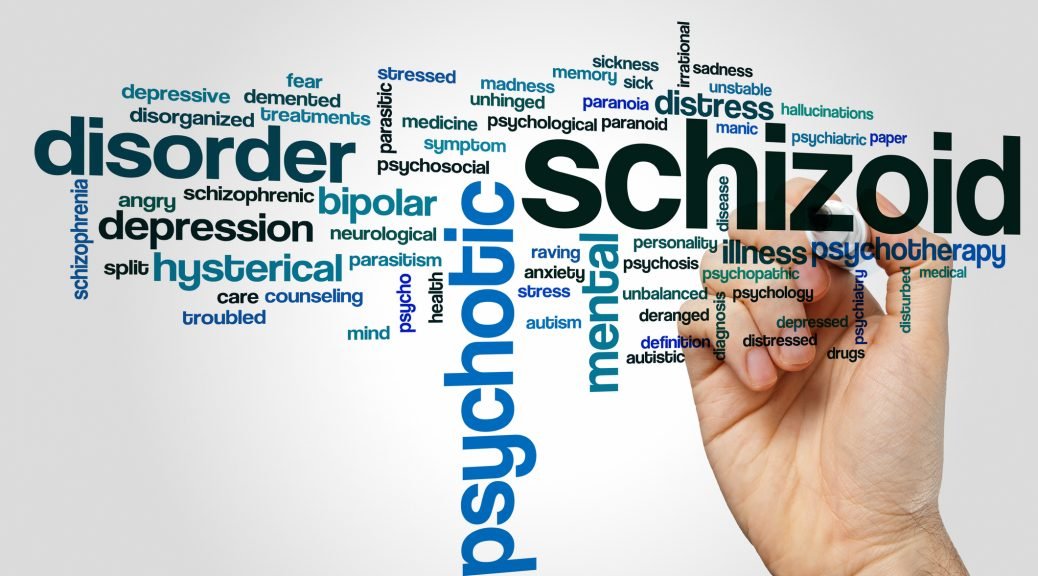60.1 (301.20) Schizoid Personality Disorder: Overview
Individuals with schizoid personality disorder are indifferent to social experiences and interpersonal relationships. There is usually a lifelong history of very restricted emotional expression and feeling, unsociability, reclusiveness and emotional coldness.
Persons with schizoid personality disorder have little interest in relationships, even family relationships. They usually prefer isolated experiences which rarely involve other people. They typically have few to no friends, take no pleasure in activities with others and most often have no interest in intimate relationships and sex with others. Emotional reactions to others are usually cold, elusive and they have difficulty experiencing emotions in general. Usually they are uninterested in and not responsive to the assessments of others or even to encouragement or criticism.
The symptoms of schizoid personality disorder cannot occur only during a psychotic episode such as with schizophrenia and cannot be attributed to antisocial personality disorder. The symptoms must significantly impair the individuals functioning to warrant a diagnosis of this personality disorder.
Although this disorder may affect as many as 3.1% of the population in the United States, these individuals will usually not seek treatment. The impairment in social and occupational functioning is very significant.
Treatment of Schizoid Personality Disorder
Treatment for this disorder may be conducted using cognitive behavioral therapy along with a psychodynamic theoretical perspective when conceptualized within the perspective of attachment theory. Several psychological theorists and clinicians have concluded that the role of the counselor may be crucial in that this individual seems to need a model for interpersonal relationships. Also, it is important to recognize that people with this disorder may experience brief psychotic episodes when experiencing significant levels of stress.
Additional Considerations: Schizoid Personality Disorder:
Schizoid personality disorder seems to occur more often among men than women. It is important for the therapist to consider the cultural context when working with and diagnosing individuals with schizoid personality disorder as some cultures seem to emphasize defensive behaviors and detachment more than others. Also, additional consideration needs to be given to individuals who have changed cultures such as immigrants who experience issues related to acculturation.
Differential Diagnosis of Schizoid Personality Disorder
When considering whether an individual has schizoid personality disorder, the clinician needs to be careful that the symptoms are not related to substance use, another medical condition such as those that affect the central nervous system and medication use. It is also important to understand that this diagnosis should not be given if the symptoms only occur within the context of psychosis.
F60.1 (301.20) Schizoid Personality Disorder Diagnostic Criteria:
A. A pervasive pattern of detachment from social relationships and a very restricted range of expression of emotions in interpersonal experiences, usually beginning in early adulthood and manifested in a variety of contexts, as well as indicated by four or more of the following symptoms:
1. Neither enjoys nor desires close interpersonal relationships, including being part of a family experience.
2. Almost always chooses solitary activities.
3. Has little to no interest in having sexual relationships with others.
4. Takes pleasure in a very limited number of activities.
5. Has no close friends or confidants besides first-degree relatives.
6. Is indifferent to the praise or criticism of others.
7. Seems cold emotionally, detached or has a very flattened affect.
B. The symptoms do not occur exclusively during the course of schizophrenia, bipolar disorder or a depressive disorder with psychotic features, another psychotic disorder, an autism spectrum disorder and is not attributable to the physiological effects of another medical condition
Note: If the above symptoms and criteria are met prior to the onset of schizophrenia, add “premorbid” such as “schizoid personality disorder (premorbid).”
Adapted from the Diagnostic and Statistical Manual of Mental Disorders Fifth Edition (DSM-V) American Psychiatric Association by Paul Susic Ph.D. Licensed Psychologist


